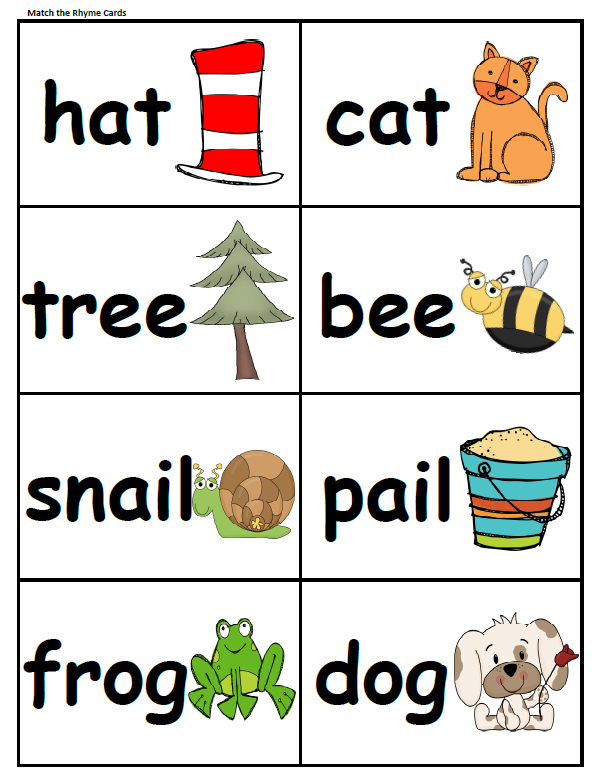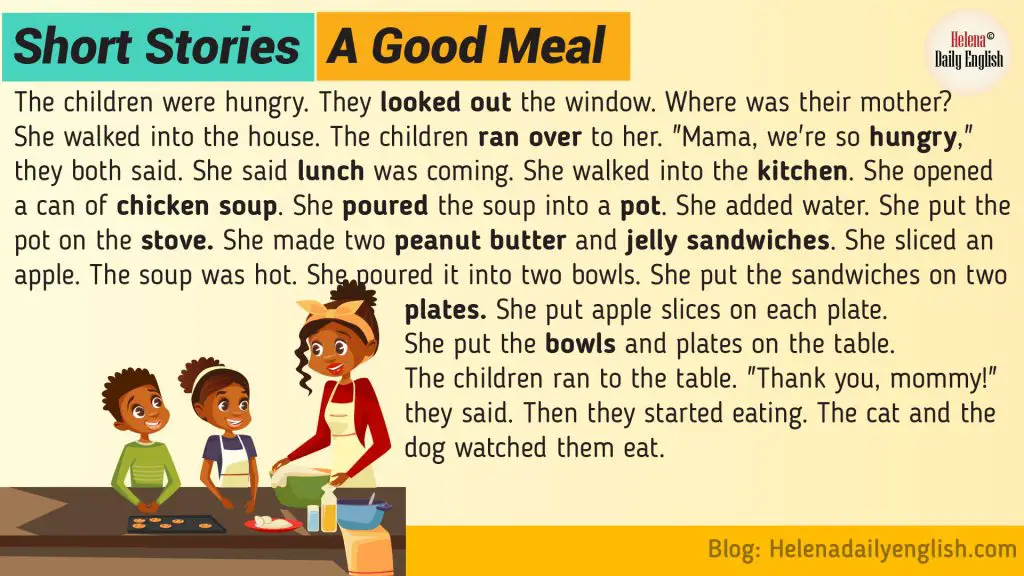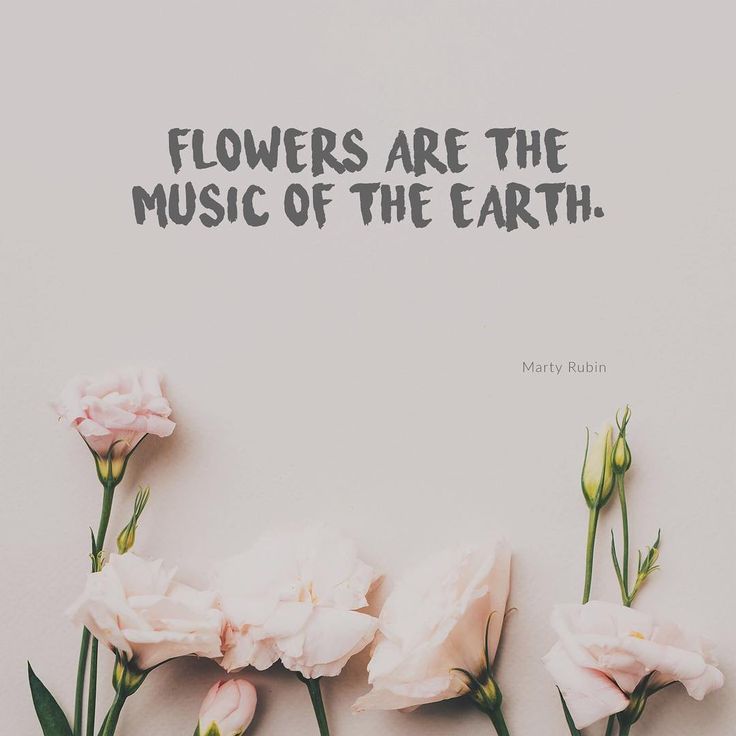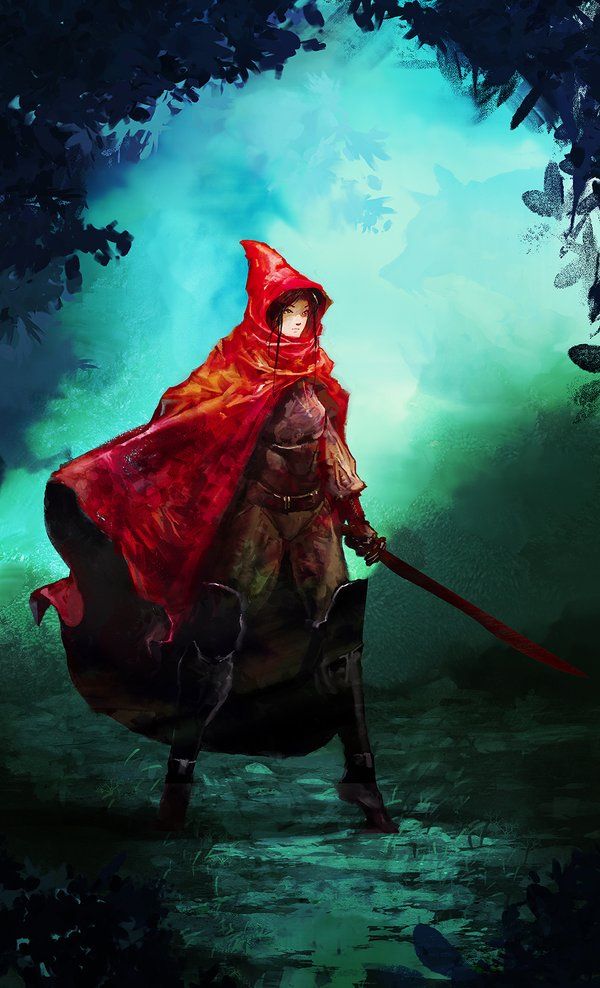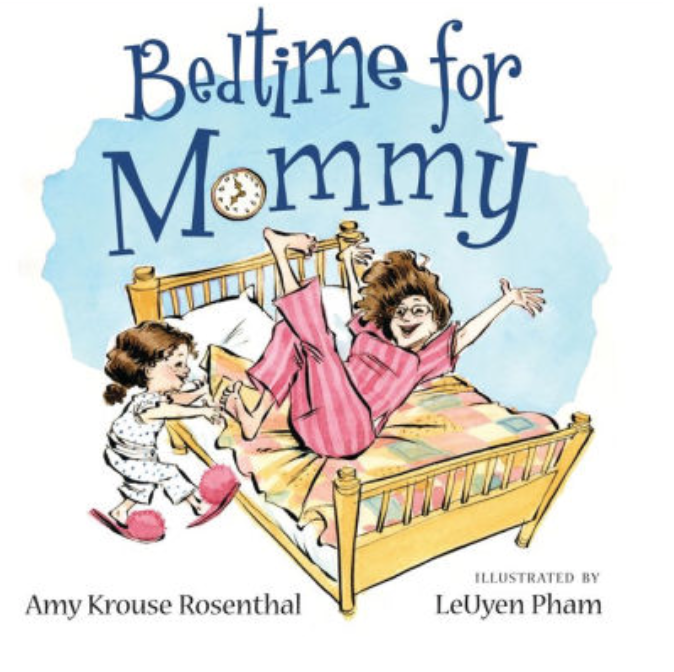Rhyming words for noise
Near rhymes with noiseB-Rhymes | B-Rhymes
| Word | Pronunciation | Score ? | ||
|---|---|---|---|---|
| 1 | noyes | no_iz | 1644 | Definition |
| 2 | moist | mo_is_t | 1540 | Definition |
| 3 | poise | po_iz | 1496 | Definition |
| 4 | royce | ro_is | 1405 | Definition |
| 5 | choice | cho_is | 1401 | Definition |
| 6 | foist | fo_is_t | 1401 | Definition |
| 7 | hoist | ho_is_t | 1401 | Definition |
| 8 | boyce | bo_is | 1342 | Definition |
| 9 | joist | jo_is_t | 1342 | Definition |
| 10 | joyce | jo_is | 1342 | Definition |
| 11 | rejoice | rijo_is | 1342 | Definition |
| 12 | unvoiced | anvo_is_t | 1342 | Definition |
| 13 | voice | vo_is | 1342 | Definition |
| 14 | voiced | vo_is_t | 1342 | Definition |
| 15 | corduroys | kawrjuhro_iz | 1319 | Definition |
| 16 | turquoise | terrk_wo_iz | 1316 | Definition |
| 17 | equipoise | ek_wipo_iz | 1316 | Definition |
| 18 | counterpoise | kah_uuntuhrpo_iz | 1316 | Definition |
| 19 | porpoise | pawrpo_is | 1221 | Definition |
| 20 | bose | buh_uz | 1212 | Definition |
| 21 | nose | nuh_uuz | 1191 | Definition |
| 22 | hardnosed | harr_dnuh_uuz_d | 1191 | Definition |
| 23 | toys | to_eez | 1186 | Definition |
| 24 | boys | bo_eez | 1186 | Definition |
| 25 | invoice | invo_is | 1162 | Definition |
| 26 | tortoise | tawrto_is | 1162 | Definition |
| 27 | jove | juh_uv | 1117 | Definition |
| 28 | reminisce | reminis | 1096 | Definition |
| 29 | nov | nov | 1096 | Definition |
| 30 | nos | nuh_uus | 1096 | Definition |
| 31 | miss | mis | 1087 | Definition |
| 32 | mauve | muh_uuv | 1087 | Definition |
| 33 | dismiss | dismis | 1087 | Definition |
| 34 | amiss | uhmis | 1087 | Definition |
| 35 | missed | mis_t | 1087 | Definition |
| 36 | mist | mis_t | 1087 | Definition |
| 37 | mosque | mos_k | 1087 | Definition |
| 38 | moss | mos | 1087 | Definition |
| 39 | most | muh_uus_t | 1087 | Definition |
| 40 | remiss | rimis | 1087 | Definition |
| 41 | doze | duh_uuz | 1046 | Definition |
| 42 | disclose | dis_k_luh_uuz | 1046 | Definition |
| 43 | closed | k_luh_uuz_d | 1046 | Definition |
| 44 | close | k_luh_uuz | 1046 | Definition |
| 45 | brose | b_ruh_uuz | 1046 | Definition |
| 46 | arose | uhruh_uuz | 1046 | Definition |
| 47 | liz | liz | 1046 | Definition |
| 48 | frizz | f_riz | 1046 | Definition |
| 49 | enclose | enk_luh_uuz | 1046 | Definition |
| 50 | flows | f_luh_uuz | 1046 | Definition |
| 51 | roz | roz | 1046 | Definition |
| 52 | rose | ruh_uuz | 1046 | Definition |
| 53 | ros | roz | 1046 | Definition |
| 54 | prose | p_ruh_uuz | 1046 | Definition |
| 55 | montrose | mont_ruh_uuz | 1046 | Definition |
| 56 | inclose | ink_luh_uuz | 1046 | Definition |
| 57 | froze | f_ruh_uuz | 1046 | Definition |
| 58 | foreclose | fawrk_luh_uuz | 1046 | Definition |
| 59 | berlioz | be_uhrliuh_uz | 1045 | Definition |
| 60 | heroes | hi_uhruh_uz | 1045 | Definition |
| 61 | indisposed | indis_puh_uuz_d | 1042 | Definition |
| 62 | impose | impuh_uuz | 1042 | Definition |
| 63 | hose | huh_uuz | 1042 | Definition |
| 64 | hoes | huh_uuz | 1042 | Definition |
| 65 | fizz | fiz | 1042 | Definition |
| 66 | exposed | eks_puh_uuz_d | 1042 | Definition |
| 67 | expose | eks_puh_uuz | 1042 | Definition |
| 68 | disposed | dis_puh_uuz_d | 1042 | Definition |
| 69 | dispose | dis_puh_uuz | 1042 | Definition |
| 70 | depose | dipuh_uuz | 1042 | Definition |
| 71 | decomposed | deekuhmpuh_uuz_d | 1042 | Definition |
| 72 | decompose | deekuhmpuh_uuz | 1042 | Definition |
| 73 | cose | kuh_uuz | 1042 | Definition |
| 74 | composed | kuhmpuh_uuz_d | 1042 | Definition |
| 75 | compose | kuhmpuh_uuz | 1042 | Definition |
| 76 | chose | chuh_uuz | 1042 | Definition |
| 77 | because | bikoz | 1042 | Definition |
| 78 | interpose | int_rpuh_uuz | 1042 | Definition |
| 79 | juxtapose | jaks_tuhpuh_uuz | 1042 | Definition |
| 80 | unposed | anpuh_uuz_d | 1042 | Definition |
| 81 | transpose | t_raan_zpuh_uuz | 1042 | Definition |
| 82 | supposed | suhpuh_uuz_d | 1042 | Definition |
| 83 | suppose | suhpuh_uuz | 1042 | Definition |
| 84 | superimposed | suupuhrimpuh_uuz_d | 1042 | Definition |
| 85 | superimpose | suupuhrimpuh_uuz | 1042 | Definition |
| 86 | shows | shuh_uuz | 1042 | Definition |
| 87 | repose | ripuh_uuz | 1042 | Definition |
| 88 | quiz | k_wiz | 1042 | Definition |
| 89 | proposed | p_ruhpuh_uuz_d | 1042 | Definition |
| 90 | kolkhoz | kolkoz | 1042 | Definition |
| 91 | metamorphose | metuhmawrfuh_uuz | 1042 | Definition |
| 92 | oppose | uhpuh_uuz | 1042 | Definition |
| 93 | opposed | uhpuh_uuz_d | 1042 | Definition |
| 94 | pose | puh_uuz | 1042 | Definition |
| 95 | presuppose | p_reesuhpuh_uuz | 1042 | Definition |
| 96 | propose | p_ruhpuh_uuz | 1042 | Definition |
| 97 | polonaise | poluhne_iz | 1020 | Definition |
| 98 | mayonnaise | me_iuhne_iz | 1020 | Definition |
| 99 | lyonnaise | lah_iuhne_iz | 1020 | Definition |
What is B-Rhymes?
B-Rhymes is a rhyming dictionary that's not stuck up about what does and doesn't rhyme. As well as regular rhymes, it gives you words that sound good together even though they don't technically rhyme.
Poetry with Noise - Flyingwords
Like rhythm and structure, sound infuses emotion in poetry. A poet's goal is similar to a song writer's objective--to create music, but with words.
A dedicated poet should keep a journal of words he or she likes to hear. For example, "pumpkin" and "procrastinate" are two of my favorite sounding words. Find words in conversations with friends, on the internet, from movies, from songs. Write them down. Make lists of words that sound good together, such as bawling baby, infinite epiphany, and silken sea.
Words sometimes follow patterns to make sounds. Here are some of the most popular patterns of speech that create word sounds.
Alliteration
Alliteration is the repetition of consonant sounds which appear at the beginning of words. Tongue twisters use alliteration.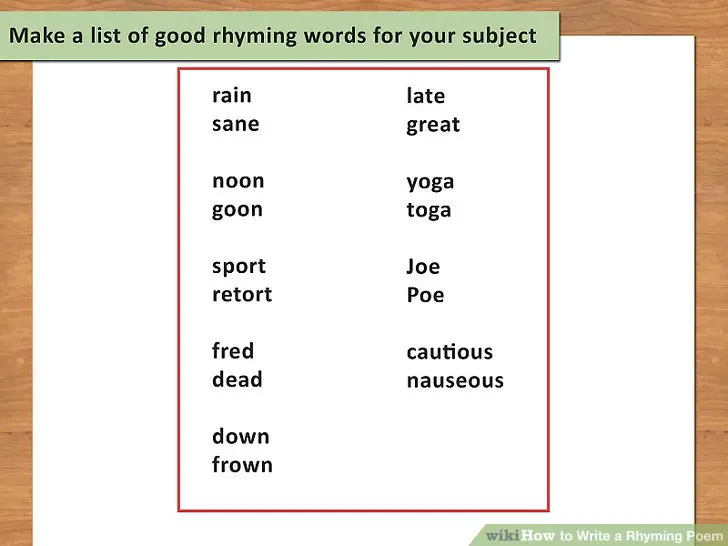 The most famous example is:
The most famous example is:
Peter Piper picked a peck of pickled peppers,
A peck of pickled peppers Peter Piper picked.
If Peter Piper picked a peck of pickled peppers,
Where's the peck of pickled peppers Peter Piper picked?
(Mother Goose).
Here's another popular tongue twister that uses alliteration:
Sally sells seashells by the seashore.
The shells Sally sells are surely from the sea.
So, poets can stir emotion by creating their own alliterative phrases such as "silly sailor," "savvy seamstress," or "busy bulldog."
Assonance
Assonance is the repetition of vowels sounds in successive words. "Dance, prance, and glance" is an example of assonance. William Shakespeare used assonance frequently such as this line from Richard III: "And all the clouds loured upon the house." Another popular phrase that uses assonance is "How now brown cow?"
Poets can stir emotion by creating their own unique assonance phrases such as "pretty city," "cruel duel," or "toad road.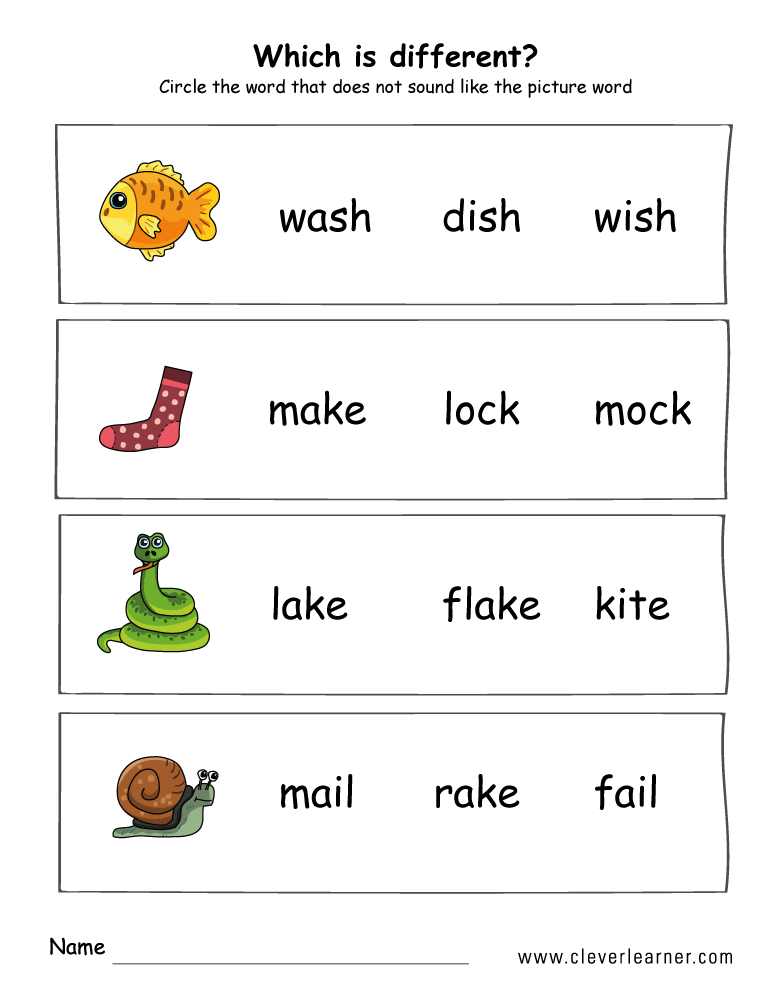 "
"
Onomatopoeia
This term refers to words that create the sound which they describe. Examples are meow, woof, bonk, clang, and twitter.
In book 4 of Jonathan Swift's novel Gulliver's Travels, the name of
the Houyhnhnms is an onomatopoeia for the whinny of a horse.
In the 1960s TV series Batman, comic book style onomatopoeias such as wham!, pow!, "biff!", crunch and "zounds" appear onscreen during film scenes.
Repetition
Repeating words or phrases in poetry creates emphasis and strength. The following is a portion of a poem by Edgar Allen Poe titled "The Bells."
"Keeping time, time, time
In a sort of Runic rhyme,
To the throbbing of the bells -
Of the bells, bells, bells: -
To the sobbing of the bells:
-Keeping time, time, time,
As he knells, knells, knells,
In a happy Runic rhyme,
To the rolling of the bells -
Of the bells, bells, bells -
To the tolling of the bells -
Of the bells, bells, bells, bells,
Bells, bells, bells, -
To the moaning and the groaning of the bells.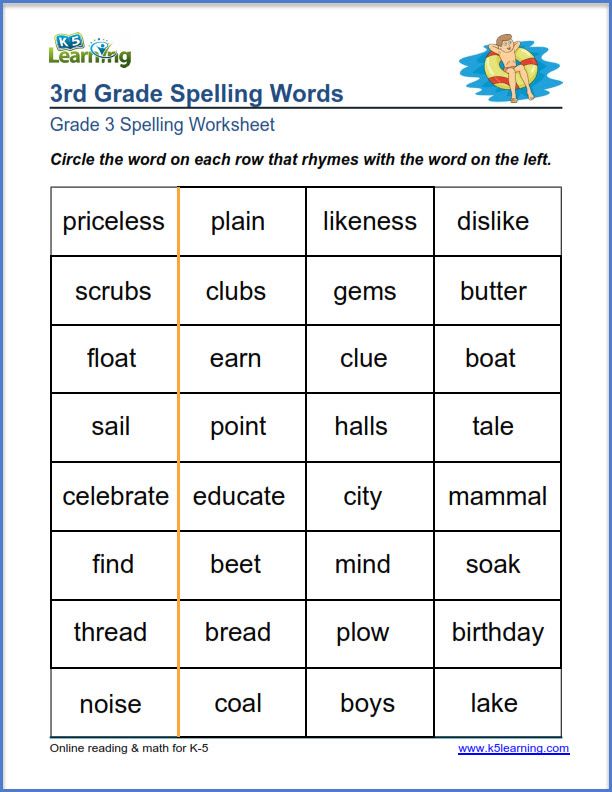 "
"
http://www.fordham.edu/halsall/medny/venturi-poebells.html
Rhyme
Rhyming words concentrate on sound, not spelling. For example, "flour" and "power" rhyme, even though their spelling is quite different. Poets can use rhyme to create different tones such as humor, sophistication, or seriousness.
Walter de la Mare used rhyme in his poem "Silver:"
"A harvest mouse goes scampering by,
With silver claws and a silver eye,
And moveless fish in the water gleam,
By silver reeds in a silver stream."
A Final Example of Poetry that Uses Noise to Elicit Emotion
The College Library
A low hum
Rises and falls
Tones swinging and synchronizing
Resting
A lone staccato with murmured words
Lilting lyrics over tables and chairs
Notes finding a rhythm
Crescendos bouncing off the windows
Pianissimos between the shelves
Harmony.
@ Tess Harvester 2013
Write your own poem with noise!
1.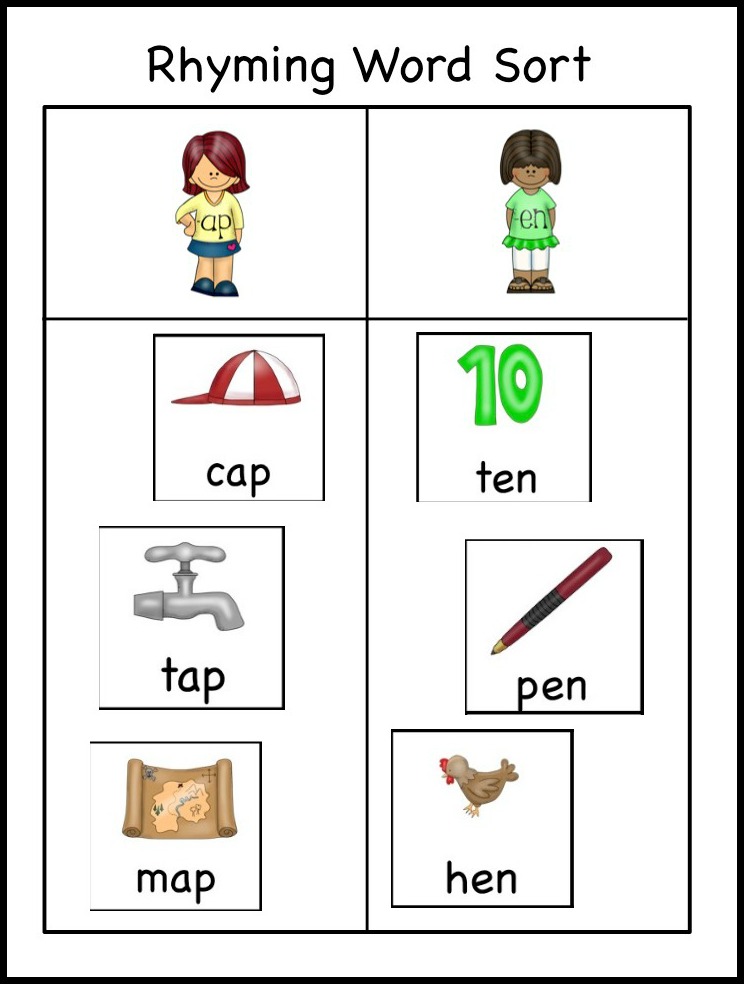 Jot down ideas for the topic of your poem.
Jot down ideas for the topic of your poem.
2. Choose one.
3. On a new sheet of paper, write details that you want to include for your topic. You could describe a parade or narrate a story about sailing in San Francisco Bay.
4. Make a list of words with "noise" that you can associate with your topic. For example: sail and whale; hull and pull; yammer, yoke; jimmy, joist.
6. Decide on a style for your poem. Will it be rhythmic, free verse, or rhyming?
7. Write your poem; include "noise" words in every line.
8. Read it aloud. Show it to someone. Get comments.
9. Revise your poem.
10. Enjoy it!
For instructions on how to write a list poem, go to https://flyingwords.com/list-poetry.html.
Page not found
wordmap
This page was not found or has been removed.
just searched for:
were burned 1 second ago
ALL 2 seconds ago
Rondia 2 seconds ago
Kutochla 2 seconds ago 3 seconds 3 seconds ago
Various signals 9000
battery commander 5 seconds ago
anushka 5 seconds ago
Keimus 5 seconds ago
Ratitsa 7 seconds ago
chewing 7 seconds ago
Take bricks 9 seconds ago
TAISNE 9000
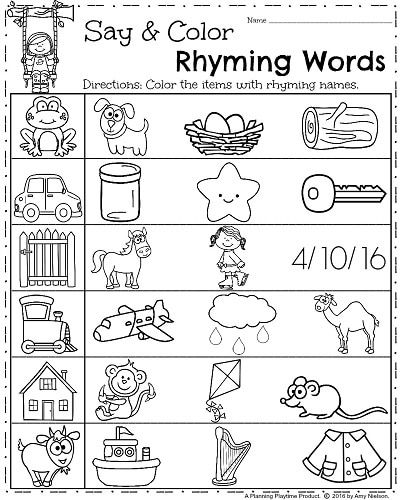 80.183.237
80.183.237 | Name | Word | Account | From | |
|---|---|---|---|---|
| Player 1 | passion | 20:15 | 3 minutes ago | 176.59.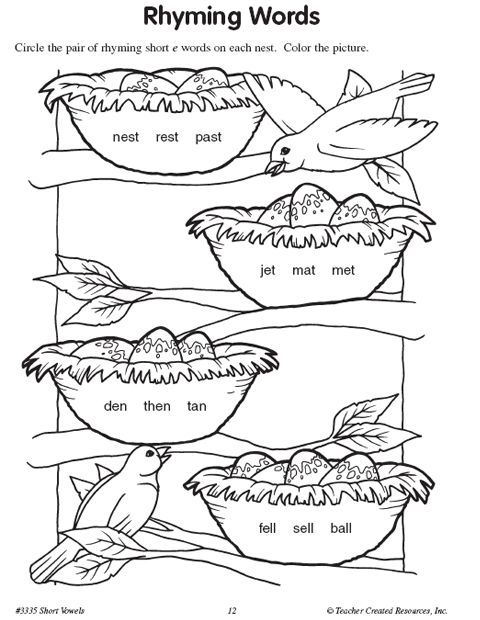 203.93 203.93 |
| Player 2 | bed | 23:21 | 20 minutes ago | 188.162.174.149 |
| Player 3 | installer | 73:72 | 20 minutes ago | 188.190.66.125 |
| Player 4 | doctors | 20:24 | 39 minutes ago | 85.140.12.150 |
| Player 5 | grunder | 106:98 | 41 minutes ago | 176.59.203.93 |
| Player 6 | eustoma | 50:50 | 1 hour ago | 193.0.216.243 |
| Player 7 | purca | 59:53 | 1 hour ago | 188.162.174.149 |
| Play Balda! | ||||
| Name | Game | Questions | From | |
|---|---|---|---|---|
| House | For one | 10 questions | 2 hours ago | 8.21.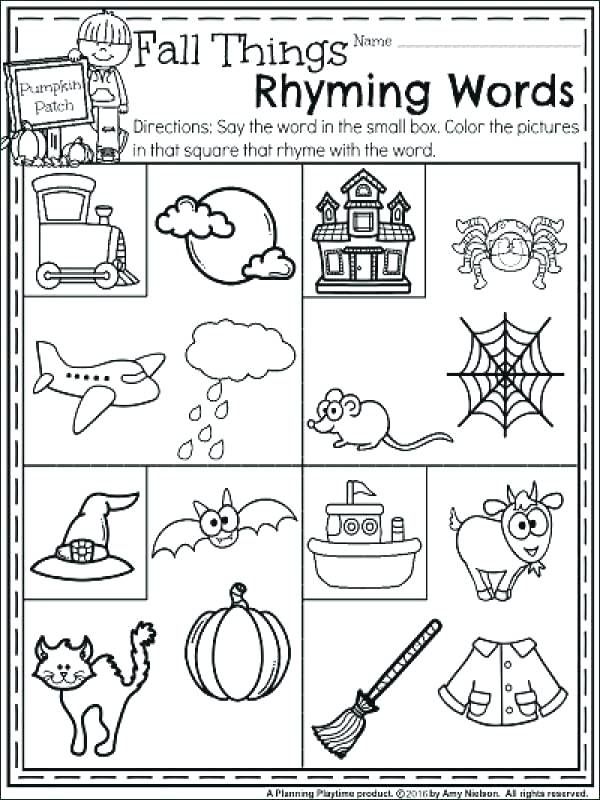 110.81 110.81 |
| Ooo | For one | 20 questions | 2 days ago | 93.157.182.201 |
| Ale | For one | 10 questions | 2 days ago | 93.157.182.201 |
| Roman | For one | 20 questions | 4 days ago | 176.59.131.88 |
| 1212121 | For one | 5 questions | 4 days ago | 88.119.92.220 |
| S | For one | 10 questions | 4 days ago | 94.140.140.220 |
| U | For one | 5 questions | 4 days ago | 94.140.140.220 |
| Play Nonsense! | ||||
SOUNDS, RHYMS, FORMS... | Science and Life
Nikolai Shulgovsky (on the right, penultimate in the front row) - student of St. Petersburg University, 1908 (published for the first time).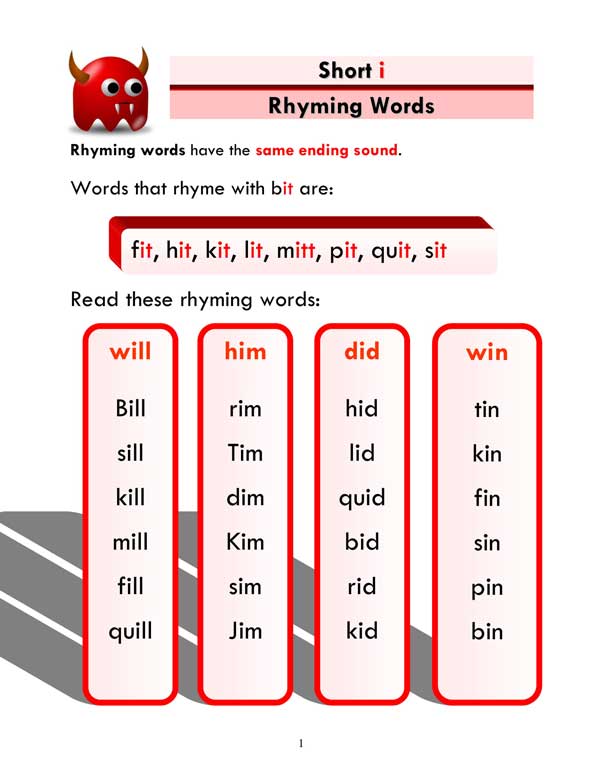
View full size
‹
›
Rhymes, that is, consonant endings of words, play an important role in versification. Rhyme is an important formative element in verse and its special sound beauty. In addition, the sounds of speech themselves play an important role in the poem, for example, to depict some sound phenomenon in life and nature. There are even special (onomatopoeic) words that either literally imitate the natural phenomena they denote by sounds, or express them conditionally. The first group includes such words as, for example, buzz, whistle, whistle, crunch, crunch, howl, howl, etc. The second group includes conditional ones, for example: ah! Alas! Oh oh oh! ouch! Oh! ha, ha, ha! hee, hee! ding, ding, ding! etc., similar to exclamations issued by people on appropriate occasions, or to the sounds of known objects.
But, in addition to special words and by combining ordinary ones, such combinations of sounds can be obtained that more or less closely express any natural sounds.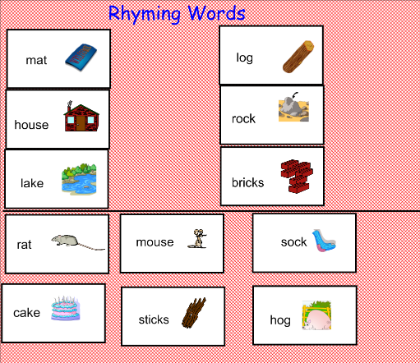
Of course, in verse it is necessary to avoid ugly, any whistling, hissing, etc. consonances. It would be strange if a verse declaring love were built on a whistle or a buzz, or a poem depicting evening calm would be full of growling sounds. When this is done by accident, through an oversight, then this is a mistake in the verse. But sometimes a "mistake" can be - under special conditions and with a special plan - turned, on the contrary, into a virtue. Some ugly and unacceptable combinations of sounds in a verse can sometimes be used as a special artistic device. This is the case with onomatopoeia . It is often found in high poetry, for example:
1) In the sounds of verse - Alexander Sumarokov's frogs croak like this:
Oh, how, oh, how can we not speak to you, to you, gods!
Fyodor Tyutchev writes that the storm "lashes, whistles and roars."
2) In the very rhythm of the verse - the speed of horse running is conveyed in the poem by Leonid Semenov:
We raced on horseback,
The wind tore and metal,
Played in horse manes,
Flooded in deserted fields.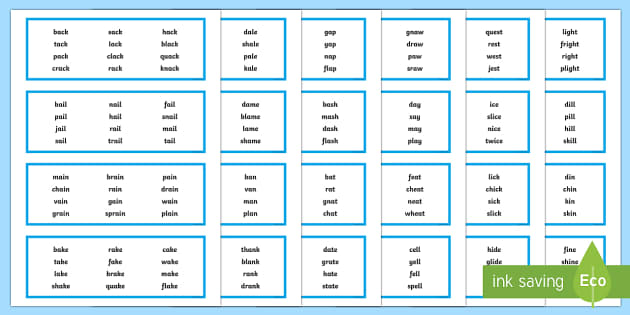
3) The same run in the poem by Konstantin Balmont:
Red horses, red horses,
red horses are my horses.
Their manes are bright, their twists curl,
fiery explosions, neighing in oblivion...
Ivan Krylov with the following viscous dimensions conveys the slowness of the movement of a large heavy carriage:
In July, in the heat, at midday
Loose sands, uphill
With luggage and with a family of nobles
Four sobs dragged along.
It is possible to enhance the poetic effect for the listener and reader not only by onomatopoeia, but also by playing rhymes. In this case, rhymes consist of two or more words. At one time, Dmitry Minaev was famous for such rhymes:
Your poems, though strong odor,
But the general oblivion is their fate.
Of course, both with onomatopoeia and with the game of rhymes, the poem must be constructed in such a way that the connection in rhymes is interesting, and the meaning can be comical.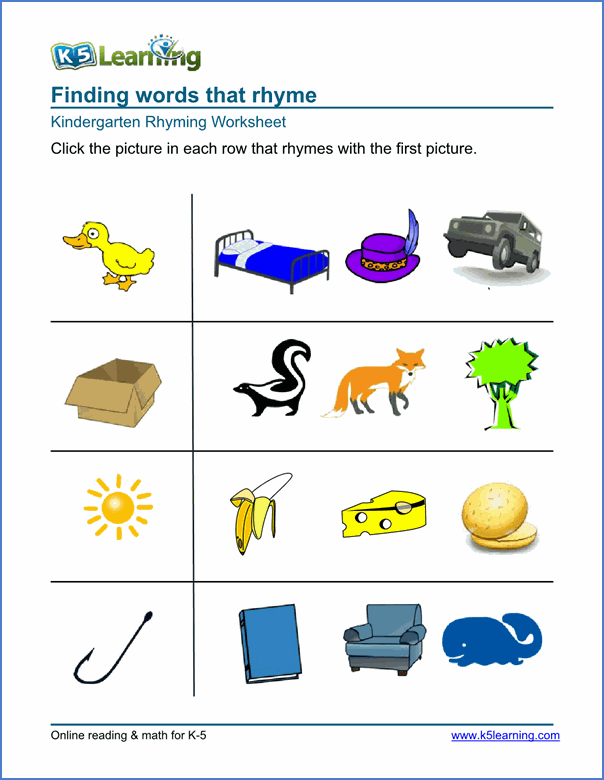
Often poets create verses of the so-called enigmatic form : acrostic, mesostich, tautogram and others.
In acrostic the riddle of the writer is solved by reading the words from the first letters of the poetic lines.
In mesosich the letters that make up the "mysterious" word are lined up in the middle of the poem.
In tautogram (another name is anaphora), all words begin with the same letter:
Lazy years are easy to caress,
I love purple meadows,
I catch the levkoy glee,
I catch fragile legends.
Radiant linen lovingly sculpts
Azure caressing forests.
I love crafty lilies babble,
Flying incense petals.
V. Smirensky
The poets manage to compose verses containing a sequence of words, the initial letters of which make up the alphabet, or verses devoid of any particular letter or several letters.
The listed techniques are poetic tricks.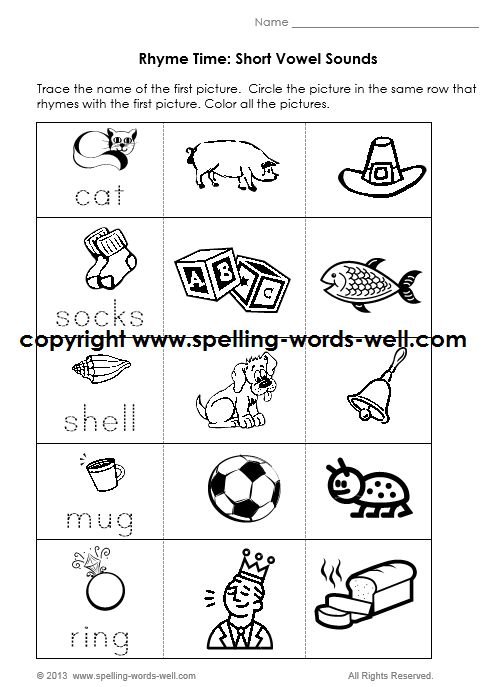 However, there are more complex poetic tricks, where the whole hidden essence of the poem is based on the special construction of the verse and even the whole poem. Such poetic constructions include hidden verses (crypt verses, or piecewise verses) and palindromes.
However, there are more complex poetic tricks, where the whole hidden essence of the poem is based on the special construction of the verse and even the whole poem. Such poetic constructions include hidden verses (crypt verses, or piecewise verses) and palindromes.
The crypt verses (from the Greek "crypto" - I hide) are extremely difficult to perform. These are peculiar mysterious poems, which are an interesting form of poetic cryptography. In them, one must immediately embrace the entire given verse and both of its halves with consciousness. Thought spreads both horizontally and vertically, and care must be taken that, on the whole, its insidious parts are completely invisible at first sight, so that the whole poem has its own integral meaning, and each of its parts, both left and right, would have its own meaning.
Let's illustrate this with an example - read a touching declaration of love:
I promised to keep lovingly "yes" forever...
Can I now live alone in the world?
I will never be a heartless coquette.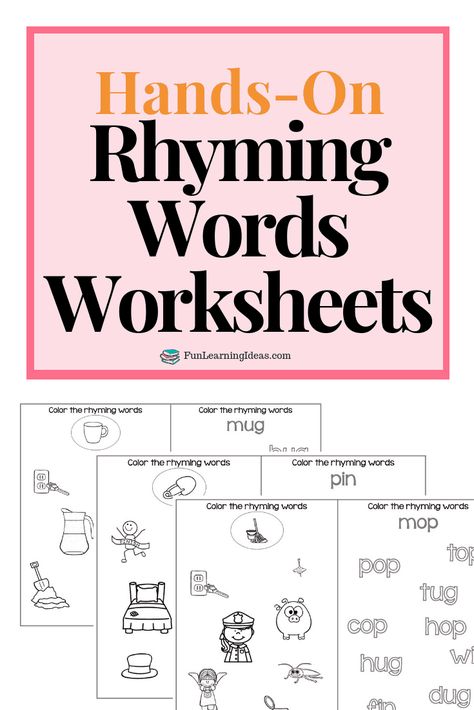
Loving you, believe me, is fun to drink to the bottom!
An enthusiastic lucky man in ecstasy rushes to share his joy with a loved one, from whom he has no secrets. But this man is more wise in life: he is a skeptic.
In our fast-paced age, idealism is rare. A skeptic takes a love letter, reads it, wants to congratulate his friend, and suddenly... something catches his eye. Something strange ... "Wait a minute, wait a minute," he says, and, to the horror of his interlocutor, without changing a word in the poem, reads:
Keep loving "yes"
Can I now
I will never
Love you, believe me!
I promised forever
in the world to live alone,
heartless coquette,
fun to drink to the bottom.
The scene is so amazing that we leave it to the amazed reader to depict it.
Another tricky form of versification is palindrome . It is a phrase or verse based not on a vertical reading, but on a horizontal one.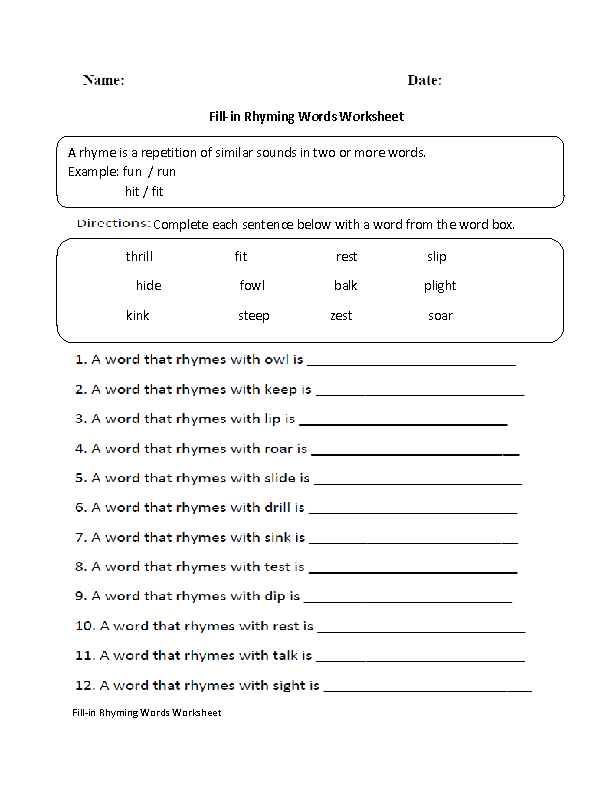 They are read the same and with the same meaning on both sides; there are two kinds of them.
They are read the same and with the same meaning on both sides; there are two kinds of them.
The first type of palindrome represents verses that, when read as on the left, and right are pronounced the same. This is the so-called letter palindrome. FROM many people know him:
I am glad, giving,
Darya, I'm glad.
D.I.
Unfortunately, not every such palindrome is endowed with a meaning that does not require comments.
The second type of palindrome is more difficult to create, but also more interesting. It is a poem that is read from the beginning and from the end with the preservation of the same meaning, but not by letters, but by words. The first word of the poem will be its last word, the second - the penultimate, the third - the third from the end, etc. Each word of the poem, therefore, must occur twice in it. If we denote the words of the palindrome with the numbers 1, 2, 3, etc., then the scheme of a palindrome containing, for example, 8 different words, will be as follows:
1 2 3 4
5 6 7 8
8 7 6 5
4 3 2 1
Here is a remarkable example of a Latin palindrome presented to Pope Pius I in the 2nd century BC.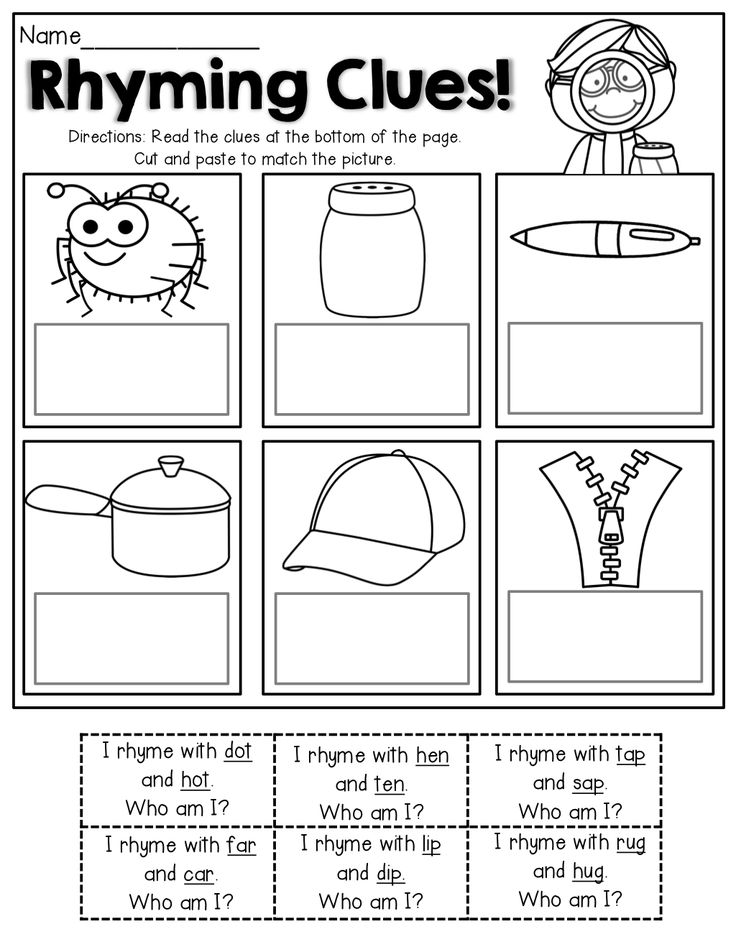 AD
AD
Laus tua, non tua fraus, virtus, non copia rerum
Scandere te fecit hoc decus eximium.
Eximium decus hoc fecit te scandere rerum
Copia non, virtus, fraus tuf nou, tua laus.
In translation, it means:
"Your feat, not a crime, virtue, not wealth, allows you to rise to this exceptional glory. It is not wealth, but virtue that allows you to rise to this exceptional glory, not a crime, but your feat."
[As you can see, the palindrome fully meets the construction requirements. However, the attentive reader will see in it a possible, albeit hidden, meaning.
Let's try to read its second part, placing punctuation marks in it a little differently:
Eximium decus hoc fecit te scandere rerum
Copia, non virtus, fraus tuf, nou tua laus.
Let's translate the result:
"To this exceptional glory, wealth, and not virtue, your crime, and not your feat, allow you to rise."
What is it? Whether the pope guessed about such a possible metamorphosis of the text, we will probably never know, but it is obvious that the author of this poetic miniature was an inventive person.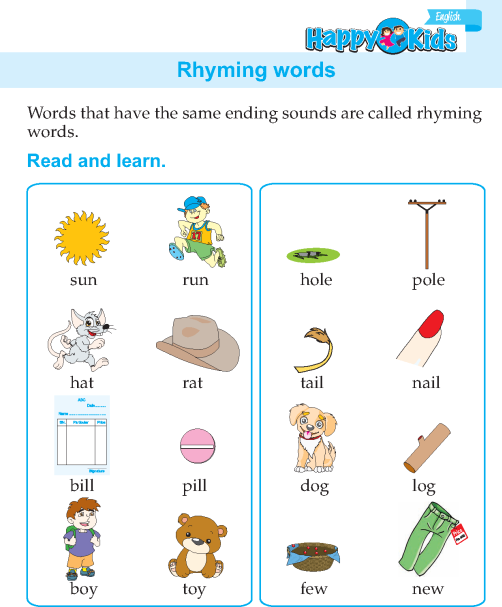 - Yu.M .]
- Yu.M .]
Through the game of rhymes, you can build any poem. But such verses are also possible, the very essence of which depends on rhymes. These include monorim . In this form, the entire poem is built on one identical rhyme (reeds - breathe - silence - hurry - wilderness, etc.). Beautiful monotonous rhymes, repeated in greater numbers than in the ordinary number habitual for hearing (two or three), can create a truly artistic impression:
Heart rejoicing and tormenting,
Mournfully quiet, melodious
They roar, they roar of monotony...
That is not thunderous lightning
Red-flame burning...
Not the fires of the sea are ebullient...
Dawns scarlet, burning...
These are flying sparks
Mournfully quiet, melodious
Single flowers - monotones.
Vl. Lebedev
Poems can be composed in the form of well recognizable objects. Such poems belong to poetry of subject form .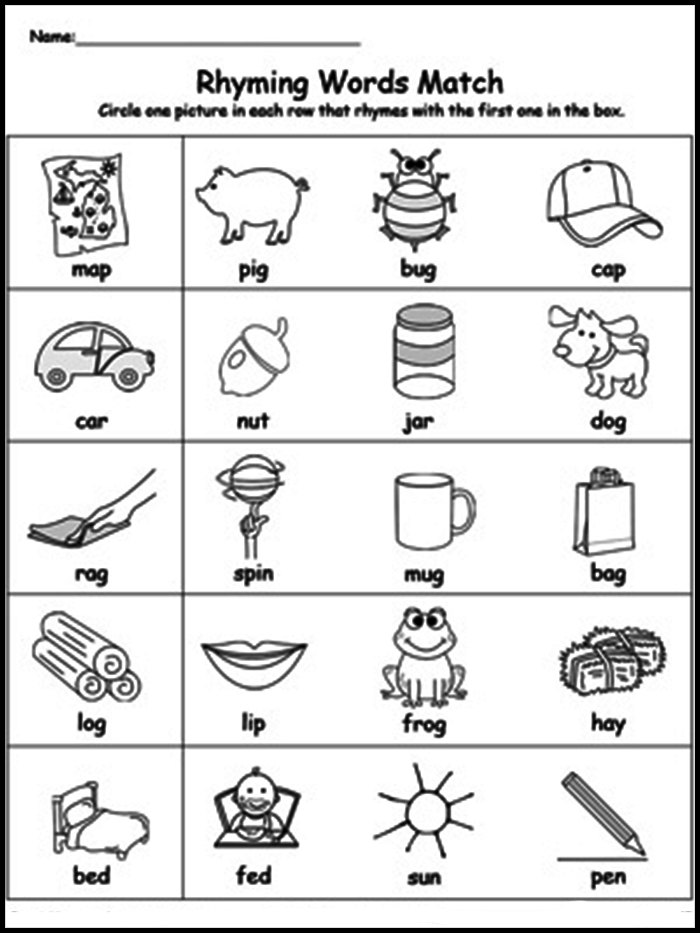 It originated in ancient Rome. And the examples of such poems, in their appearance along the framing contour, corresponded to what was described in them: an ax, an ax, wings, an egg, a goblet, a cross, a palm tree, a tower, a trapezoid, a pyramid.
It originated in ancient Rome. And the examples of such poems, in their appearance along the framing contour, corresponded to what was described in them: an ax, an ax, wings, an egg, a goblet, a cross, a palm tree, a tower, a trapezoid, a pyramid.
The "secret" of subject poems lies in the exact distribution of poems of various length, determined by the contours of the chosen form. It is desirable that the content poems went in unison with the purpose or properties of the subject. For example, by about the appearance of this book, its author wrote a joke-prospect in the form of a garden vases. This advertising-joking poem, placed in a "vase", mentions some forms of poetry, which are described in the book (burime, "echo", logogriff etc.):
Poets respond to all phenomena of life with verses and poems of any form and length.
So, often in collections of poems you can find a poem with a sharp thought - epigram . In modern poetry, the word "epigram" denotes a mockingly satirical (sometimes - "poisonous") poem addressed to a certain person.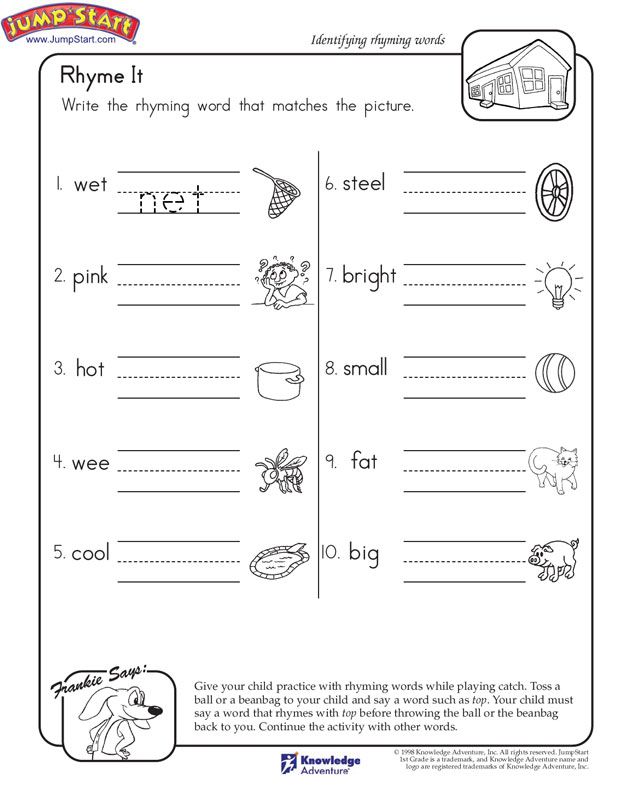 The advantage of epigrams is the brevity of the verse and the accuracy of the "prick". We give examples of epigrams.
The advantage of epigrams is the brevity of the verse and the accuracy of the "prick". We give examples of epigrams.
Tip
You are cold and empty: winter is in your verses.
To give them heat, warm them in the fireplace.
P. Kozlov
Karamzin street
In his "History" elegance, simplicity
They prove to us without any partiality
The Necessity of Autocracy
And the charms of the whip.
A. Pushkin
As opposed to the lightness of the epigram, there is a special form of verse devoted to meditation and maxims. This is dwarf , a poem expressing some thought, mainly in the moral field, and consisting of one or more couplets. Examples:
Don't marry a brightly shining beauty:
The torch irresistibly draws moths to itself.
A. Semenov-Tyan-Shansky
In the world, always say goodbye to a person, because you don’t know -
It's not the last time you see him in your life.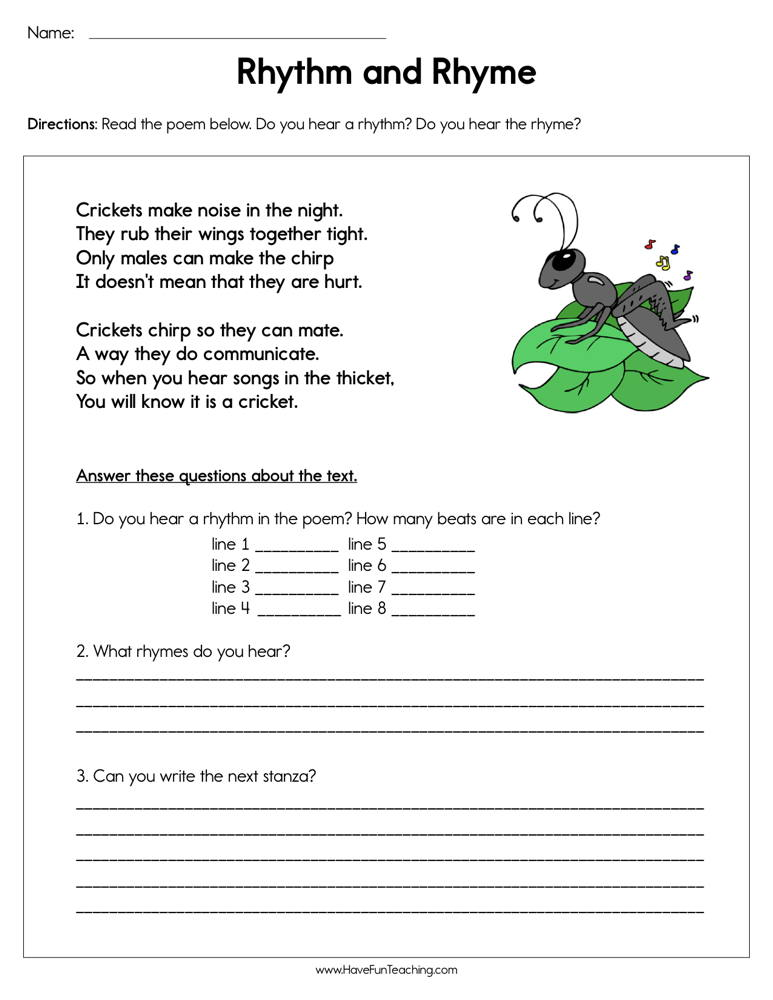
N.N.
Poets do not disregard both joyful and sad events. In connection with the death and burial of a person in poetry, there is a special form of poetry - epitaph , i.e. an inscription on a monument. Its content is praise for the deceased, reasoning, moralizing, addressing a passerby, etc. Often epitaphs are written from a person buried under a monument. So, at the Volkov cemetery in St. Petersburg there is an old monument, the poem on which begins with the words:
Passerby, you are coming,
But you lie down like me...
There are also humorous epitaphs. At the Okhtensky cemetery there was a monument erected after cholera in the 30s of the 19th century. The epitaph on it was:
I spoke correctly:
Don't eat berries, Ilya.
You didn't listen to me -
I ate all the berries.
So you died, Ilya!
I spoke correctly...
But let's get back to life.
All poetic forms that we have considered require both time and labor for implementation.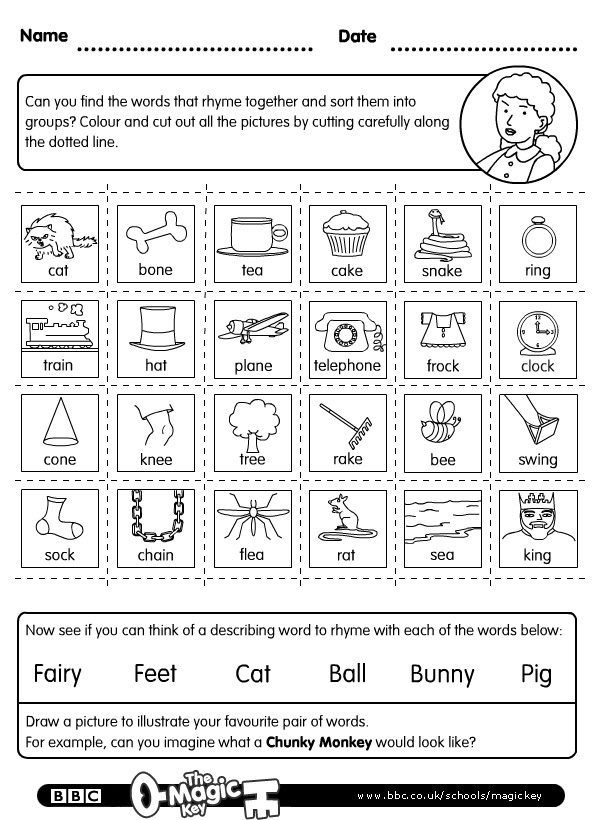 But there is one form that is created, or at least should be created almost instantly. This is impromptu .
But there is one form that is created, or at least should be created almost instantly. This is impromptu .
This name is given to poems written immediately on occasion and very quickly, without preparation. Here is a wonderful impromptu of A. Pushkin, indignant at the fact that he was sent to work to conduct the "case of locusts." Piles of government papers could not have clarified this case better, as Pushkin found out with his inherent genius, writing the following on the cover of the "case":
Locust flew, flew
And sat down.
Sat, sat, ate everything
And flew away again.
Let's complete our short digression into the field of entertaining versification with a humorous form of poetic creativity - parody .
Parody is appreciated and loved by both readers and listeners.
The name of the parody comes from the Greek parados - singing inside out. Most likely, parody developed from satirical farces, which were given for the pleasure of the public in Ancient Hellas after the end of serious tragedies and where their content was often ridiculed.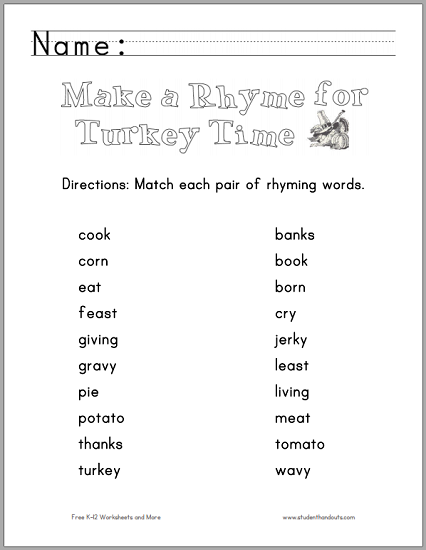
The essence of parody (not to be confused with an epigram! - see above) is that the parodied serious work more or less retains its form, but the content is changed, which is why the thoughts and images of the main work, when applied to the new content, begin to acquire a comic shade. The main purpose of parody, of course, is mockery, although it is good-natured, but often parodies are of great benefit to the authors of serious works, pointing out to them some shortcomings or monotony of methods that they would not have noticed without parody.
For parody, either a well-known author (at least for a given moment) or a well-known (at a given time) work of his is chosen, and the parody must constantly retain the techniques of the work of the parodied author so that he is immediately recognized by the parody, even if when his name is not given. To be offended by a parody is possible only with sick pride. Usually a talented parody glorifies the person being parodied even more and, in any case, cannot offend or humiliate a genuine talent.